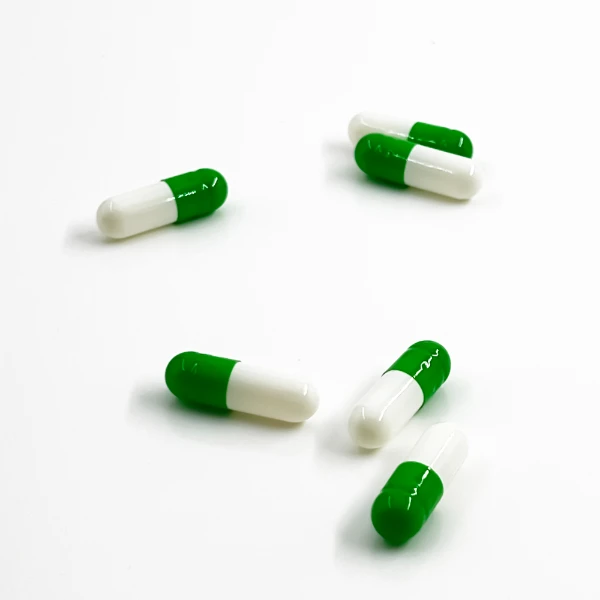- This topic is empty.
-
AuthorPosts
-
2024-08-09 at 2:34 pm #10273
Empty hard gelatin capsules are widely used in the pharmaceutical and nutraceutical industries for encapsulating medications and supplements. Such capsules are easy to swallow, protect the active ingredients, and provide controlled release. In this blog post, Wecaps will explore the factors influencing the compatibility of empty hard gelatin capsules with various substances, and the importance of compatibility testing.
Factors Affecting Compatibility:
1. Physical and Chemical Properties:
– Solubility: The solubility of the medication or supplement in the capsule shell material is a critical factor. Capsules with hydrophilic shells are suitable for water-soluble substances, while lipophilic shells are preferable for lipid-soluble compounds.
– pH Sensitivity: Some medications and supplements are sensitive to pH changes. In such cases, it is essential to choose capsules that maintain the desired pH range to prevent degradation or alteration of the active ingredients.
– Hygroscopicity: Hygroscopic substances can absorb moisture from the capsule shell, leading to changes in stability and potency. Capsules with low moisture permeability are recommended for hygroscopic compounds.
2. Compatibility Testing:
– Incompatibility Risks: Incompatible combinations can result in chemical reactions, physical changes, or reduced efficacy of the medication or supplement. Compatibility testing helps identify potential risks and ensures the selection of appropriate capsule formulations.
– Stability Studies: Stability studies assess the long-term compatibility of the medication or supplement with the capsule shell material. These studies involve subjecting the encapsulated substance to various environmental conditions, such as temperature and humidity, to determine any changes in stability over time.
Compatibility of Common Medications and Supplements:
1. Medications:
– Acidic Drugs: Acidic drugs, such as nonsteroidal anti-inflammatory drugs (NSAIDs) and certain antibiotics, may require enteric-coated capsules to protect them from gastric acid degradation.
– Sensitive Drugs: Some medications, like certain biologics or protein-based drugs, may require specialized capsules to maintain their stability and prevent denaturation.
– Controlled-Release Formulations: Empty hard gelatin capsules can be used to prepare controlled-release formulations by incorporating modified-release pellets or granules. Compatibility testing is crucial to ensure the desired release profile is achieved.

2. Supplements:
– Vitamins and Minerals: Empty hard gelatin capsules are commonly used to encapsulate vitamins, minerals, and herbal extracts. Compatibility testing helps determine the stability and bioavailability of these substances in capsule form.
– Probiotics: Probiotic supplements require capsules that protect the live microorganisms from moisture and gastric acid. Enteric-coated capsules or capsules with moisture barrier properties are often used for this purpose.
– Herbal Supplements: Herbal supplements may contain active compounds that are sensitive to light, oxygen, or moisture. Capsules with appropriate barrier properties can help maintain the stability and potency of these substances.
Ensure the effectiveness and safety of your capsule products by understanding the factors that affect the compatibility of empty hard gelatin capsules. Provide your patients with high-quality medications and supplements that meet their specific needs. Wecaps has more than 100 capsule production process patents, pursues first-class quality and service, and can provide you with the most comprehensive capsule customization solution!
http://www.wecaps.com
Wecaps -
AuthorPosts
- You must be logged in to reply to this topic.






